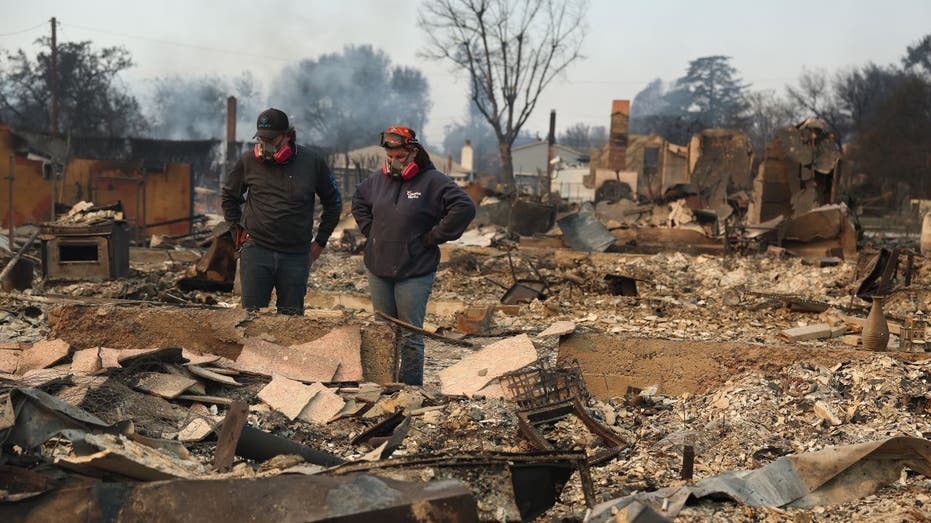How Wildfire Smoke Affects the Body: Doctors Warn of Health Hazards and Tips to Stay Safe
Wildfires are a devastating force of nature, claiming lives, destroying homes, and upending communities. However, the health impacts of wildfire smoke, often overlooked, can be equally harmful. Experts warn that the microscopic particles in wildfire smoke can pose serious health risks, even after short-term exposure.
The Composition of Wildfire Smoke
According to the U.S. Environmental Protection Agency (EPA), wildfire smoke contains a “complex mixture” of fine particles known as PM2.5, or particulate matter measuring 2.5 micrometers or less in diameter. These particles are small enough to penetrate deep into the respiratory system, potentially leading to inflammation and other health complications.
Dr. Gustavo Ferrer, a pulmonologist specializing in air quality-related illnesses, explained how wildfire smoke affects the body. “Your nose and mouth are entry points into your body. The smoke you breathe gets trapped in your sinuses, irritating the lining and causing inflammation,” he said. These early signs indicate that the body’s natural defenses are being overwhelmed.
How Smoke Affects the Body
Dr. Austin Perlmutter, an internal medicine physician, noted that PM2.5 particles can penetrate lung tissue and enter the bloodstream. This can trigger a range of symptoms, including:
Burning eyes
Sore throat
Cough
Sinus irritation
Fatigue
Headaches
Chest pain
Shortness of breath
Brain fog
For individuals with pre-existing conditions, the risks are even greater. Dr. Marc Siegel, a clinical professor of medicine at NYU Langone Health, highlighted how wildfire smoke can worsen chronic respiratory diseases like asthma, bronchitis, or emphysema. “Lack of oxygen caused by smoke exposure can even provoke heart attacks or strokes,” he cautioned.
Long-Term Health Risks
Prolonged exposure to wildfire smoke doesn’t just aggravate existing conditions—it may also have long-term effects on overall health. Continuous inhalation of fine particulate matter can compromise the immune system, heighten the risk of cardiovascular issues, and contribute to the onset of chronic respiratory diseases.
6 Tips to Minimize the Risk of Wildfire Smoke Exposure
To reduce the health risks associated with wildfire smoke, medical experts recommend the following precautions:
1. Stay Indoors: Limit outdoor activities, especially during peak smoke periods. Keep windows and doors closed to prevent smoke infiltration.
2. Use Air Purifiers: Invest in air purifiers with HEPA filters to remove fine particles from indoor air.
3. Wear Masks: Use N95 masks when going outside to filter out harmful particles effectively.
4. Monitor Air Quality: Use apps or websites to track local air quality and adjust your activities accordingly.
5. Keep Hydrated: Drinking plenty of water helps your body flush out toxins and maintain healthy mucous membranes.
6. Seek Medical Attention: If you experience severe symptoms like difficulty breathing, chest pain, or dizziness, consult a doctor immediately.
A Growing Concern in the Era of Climate Change
As wildfires become more frequent and intense due to climate change, understanding the health hazards of wildfire smoke is critical. Communities must prioritize air quality measures, and individuals should remain vigilant about protecting their respiratory health.
Conclusion
The hidden dangers of wildfire smoke extend far beyond the visible devastation of flames. From short-term irritation to long-term health complications, the risks are significant. By staying informed and taking proactive steps, you can safeguard yourself and your loved ones against the harmful effects of wildfire smoke.
Source : Swifteradio.com


